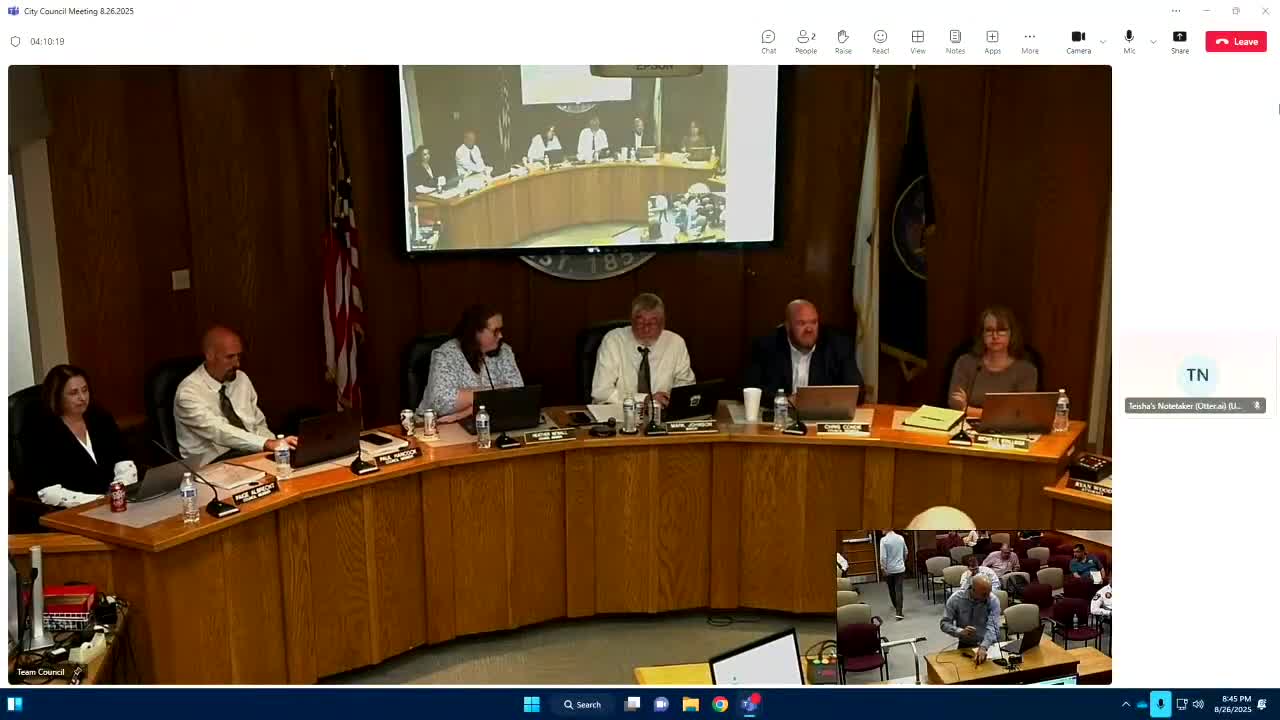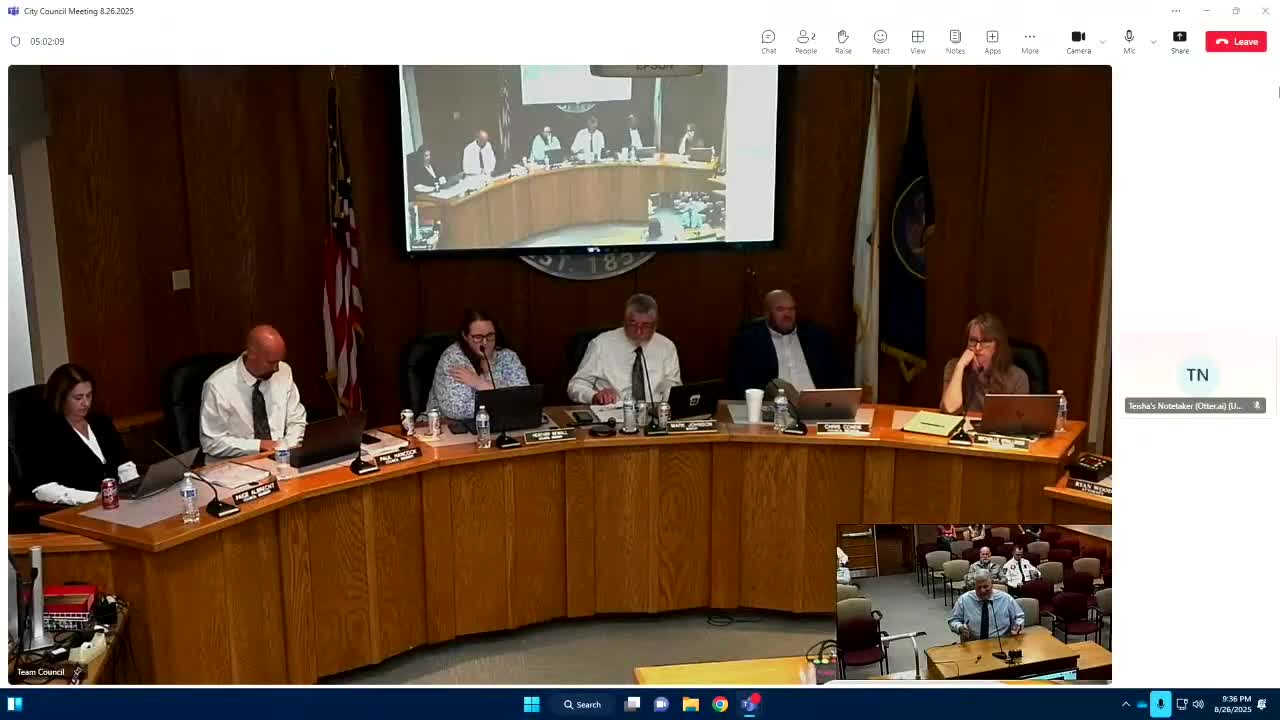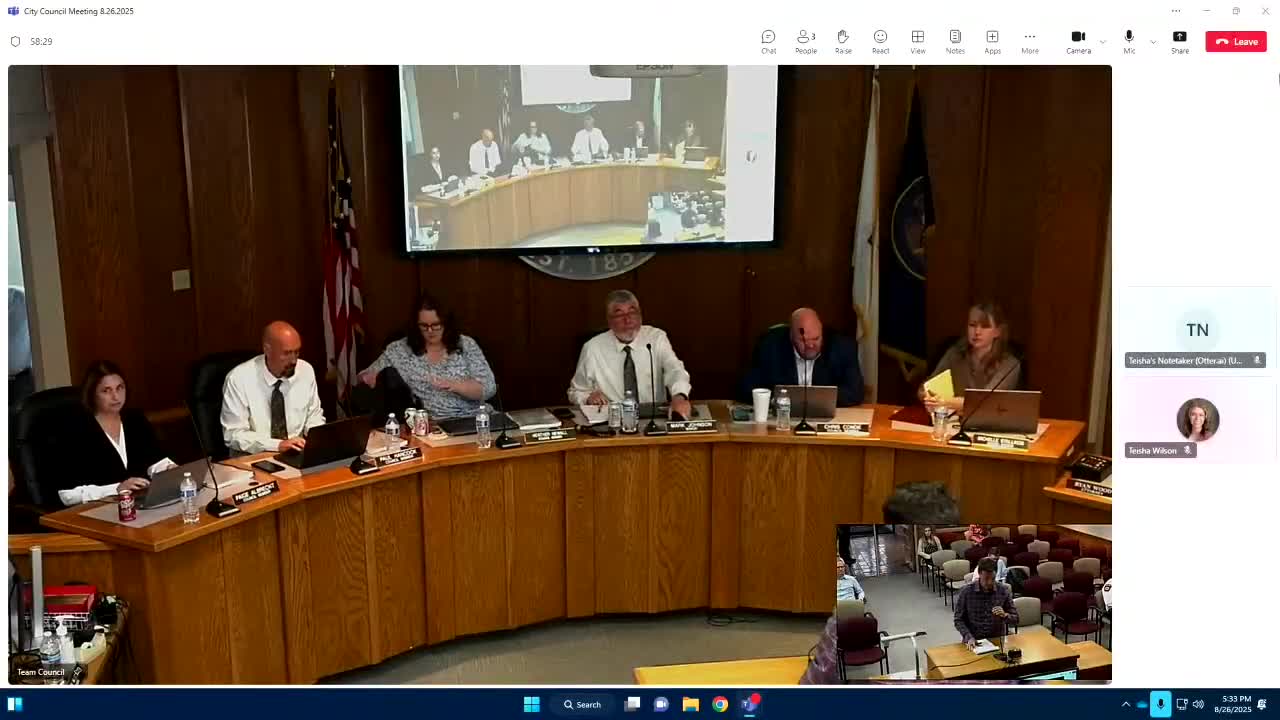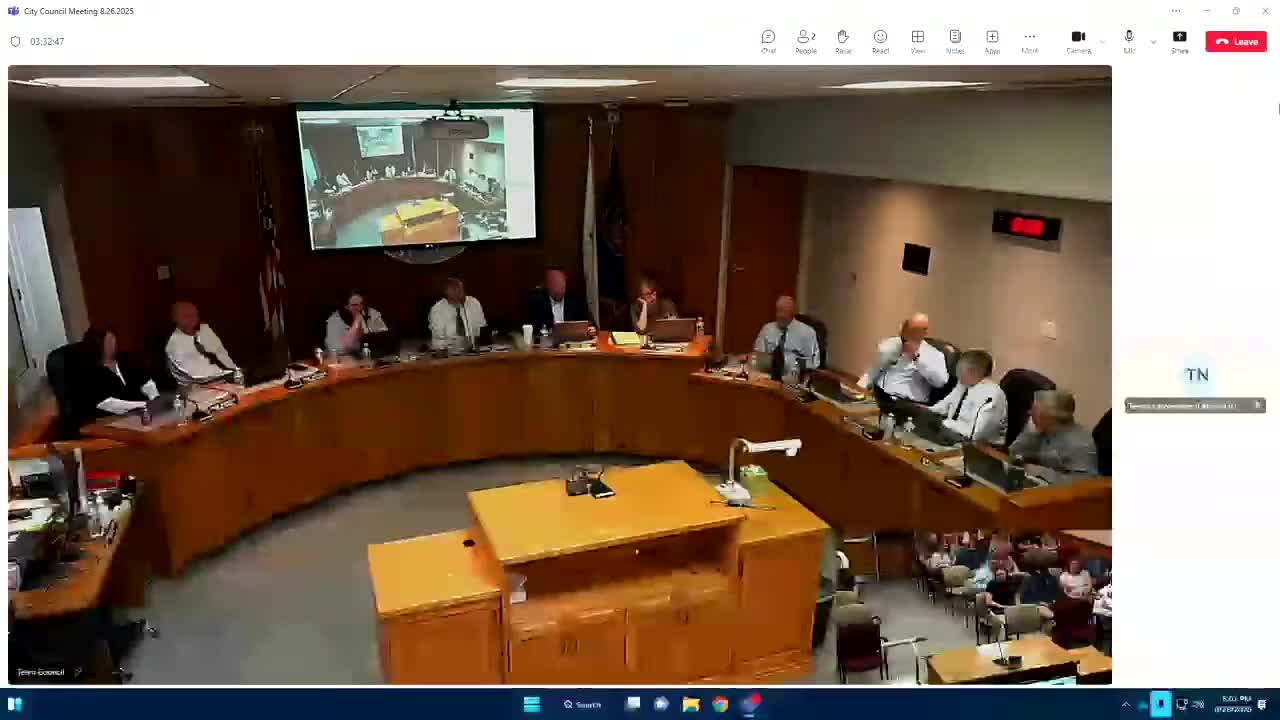Article not found
This article is no longer available. But don't worry—we've gathered other articles that discuss the same topic.

Council approves College Farms Plat F rezoning and an eight‑lot concept after residents press for protections

Lehi RDA adopts Skyview community reinvestment plan, approves budget and related development agreement

Perry Companies proposes moving 600 canyon homes to lower parcels; council presses on infrastructure, traffic and quarry grading

